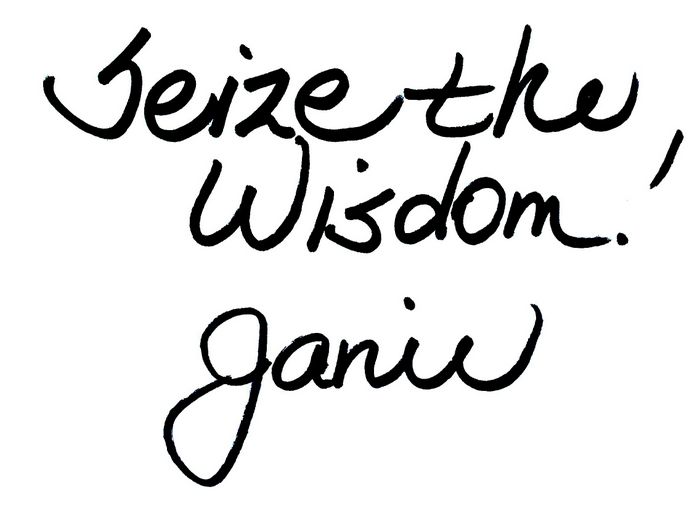 (Though this post was originally written in 2008, it has been updated to the present day and time and still applies to TODAY’S holiday! 🙂 )
(Though this post was originally written in 2008, it has been updated to the present day and time and still applies to TODAY’S holiday! 🙂 )
With the holidays here and all the goodies, it can make us all shudder as we deal with all that great food!
I admit it: At Christmastime, I LOVE the easy Gingerbread Boy Cookies recipe I used when the boys were little, the Microwave Fudge recipe to die for, my world famous Chocolate Chip Meringue Cookies which I color red and green, my mother’s wonderful Pralines which I occasionally try to make myself, and Grandma’s Fruit Cake–yeah an actual fruit cake I LOVE, which I order EVERY SINGLE YEAR at this time.
And it’s hard not to gain weight! Is that you, too?? So let’s go over 6 HOLIDAY FACTS about thyroid treatment with desiccated thyroid or T3:
1) WP Thyroid, NP Thyroid,  Naturethroid, T3, etc or any other excellent thyroid medication is not meant to be a Christmas weight loss pill. Desiccated thyroid medications consist of thyroid hormones: T4, T3, T2, T1 and calcitonin. They simply give you back what your own thyroid is not giving you…the same five hormones which give you a stronger immune system, a normal body temperature & improved metabolism, better energy, healthier hair and skin, less aches & pains, emotional happiness, better lipid profiles like cholesterol, stronger bones…and on and on. But even with all that benefit, and even though it does improve your metabolism, desiccated thyroid, or even adding T3 to that T4, is not meant to be a weight loss pill.
2) NDT or T3 can only do its holiday job if you have strong adrenals or adequate cortisol treatment. Because cortisol is needed for thyroid hormones to move from your blood to your cells, you can only benefit optimally from desiccated thyroid during the holidays if you are lucky enough to have strong adrenals, or if you are giving yourself back the cortisol you need based on stable temps, blood pressure, and removal of most low cortisol symptoms. So don’t forget that cortisol right now, and definitely consider adding a stress dose of cortisol if things get rough with the in-laws. (See Chapter 6 in the STTM book for even more details about stable temps, blood pressure, and stress dosing)
3) Don’t drink that NDT down with Egg Nog! Calcium is a known binder of thyroid hormones in your stomach, keeping you from benefiting from some of those health-giving thyroid hormones. So if you swallow your desiccated thyroid or T3, get the water. Or even better, do it sublingually.
4) Don’t expect NDT to keep you from looking like Santa Claus: you still gotta exercise & watch what you eat! It’s true: the optimal use of desiccated thyroid does raise your metabolism and eats those extra calories up like PacMan. But if you’re like me, you can still have a tendency to put on those love handle butter pounds if you eat your fill of holiday foods. ho ho ho. To curtail the gain, add exercise to your holiday regime, or increase what you already do. I try to aerobically walk a LOT during the holidays. And when I’ve eaten a Christmas stocking full of goodies, my next meal will be nothing but high protein, like turkey, cheeses and nuts. Or, you can also balance your intake by choosing one meal a day to be low glycemic to somewhat balance out the high glycemics you know you are going to eat later. For example, I make my breakfasts only eggs and nitrate-free bacon, or plain yogurt with berries, nuts, and Stevia.
5) Building a holiday snowman outside? Consider an extra 1/4 grain of NDT. It’s a fact that prolonged exposure to cold increases your demand for energy, which in turn can increase your demand for more thyroid hormones. As a result, many patients find that adding an extra 1/4 grain of desiccated thyroid to one’s daily amount helps meet the demands of Frosty the Snowman or that holiday sprinkling of lights all over your house in the cold air. Talk to your doctor.
6) Give a gift of the STTM book to a loved one. There are other good thyroid books on the market, but unlike all of them, this is the bible of patient experience on successful thyroid treatment. You’ll find volumes of information that patients all around the world have learned. A true patient-to-patient guide to feeling wonderful again. Go here to order. And the publishing company is extending the time you can order a book to be sent DIRECTLY to your loved one.
HO! HO! HO!

![]() An intriguing thought: what if there were lab packages specifically designed by Stop the Thyroid Madness and all its patient-to-patient wisdom. Well, there are!
An intriguing thought: what if there were lab packages specifically designed by Stop the Thyroid Madness and all its patient-to-patient wisdom. Well, there are! 


